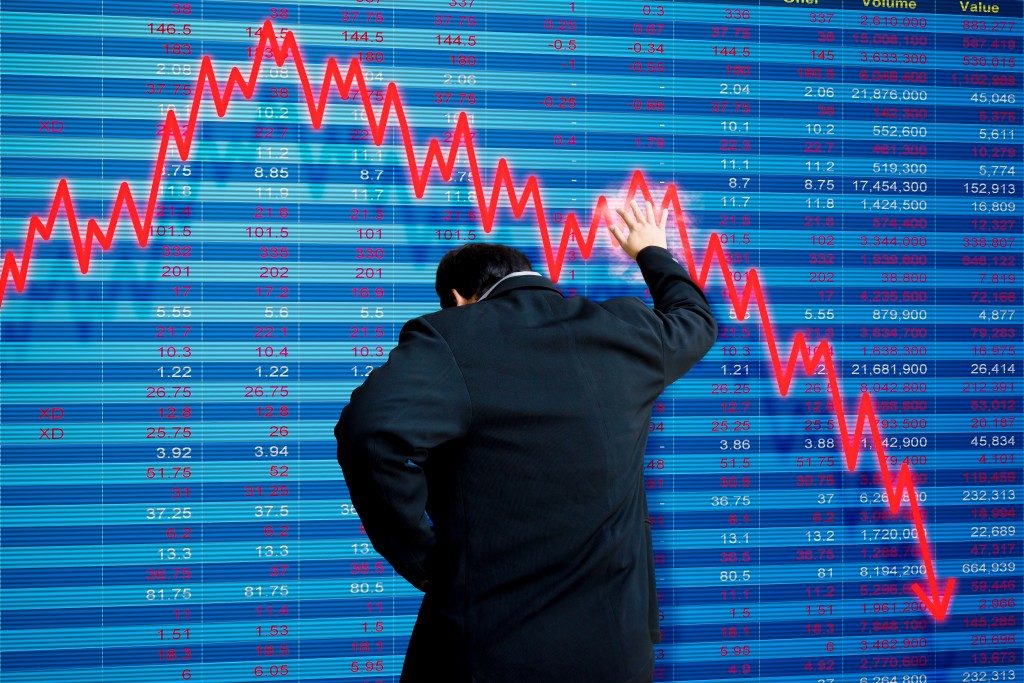The ongoing global pandemic has severely impacted the economy of the U.S. and the rest of the world. Non-essential businesses, such as salons and theme parks, temporarily ceased their operations. Millions of Americans are out of work and are worried about paying off their living expenses.
On the investment front, investors are flocking to safe-haven assets. While a brave few are looking for the newest tech startups to invest in, many investors want to decrease their market exposure during periods of economic instability.
Long story short, the economy is in a downturn. Many are wondering if this decline will result in a recession or spiral further into a depression. Here’s a look at the difference between the two terms.
Defining a Recession
A recession is a period of widespread economic decline within a particular region. This downturn lasts for at least half a year. Common indicators of a recession include:
- Negative economic growth, specifically two consecutive quarters of negative gross domestic product (GDP)
- High unemployment rate
- Negative impact on variables that gauge the health of a country’s economy, such as the stock market, trade, and availability of credit
According to the National Bureau of Economic Research, the U.S. has experienced 33 recession cycles since 1854.
Defining an Economic Depression

A depression, on the other hand, is an extended form of recession. It consists of several years of economic contraction. Common signs of economic depression include:
- Increasing unemployment rate (usually reaching 25 percent)
- Increasing inflation rate
- Rising instances of credit card debt default
- A drop in property sales
- A drastic decline in production and aggregate demand
The most recent global depression was the economic depression of 1929. During this period, the U.S. unemployment rate soared above 20 percent. GDP and production fell 30 percent and 47 percent, respectively.
Is the Country on a Recession or Depression?
Despite what many experts are saying about the U.S. economy, the country is not officially in a state of recession or depression. As of this time, the business cycle dating committee of the National Bureau of Economic Research has not declared a recession. They need to look at several months of data before making any kind of announcement.
A few signs, however, are pointing to a recession. Take unemployment as an example. The official April 2020 unemployment rate released by the U.S. Bureau of Labor Statistics is at 14.7 percent. The country, unfortunately, lost approximately 20 million jobs in the previous month.
Another indicator is the slowdown in manufacturing and consumer spending. Since people are encouraged to stay at home, they likely won’t spend their money on sporting events, restaurants, theme parks, and physical stores. On top of that, many businesses have closed their physical locations, which can affect the production of goods.
Coping with a Recession
During tough times, individuals can take the following steps to prepare for and survive a recession:
- Build an adequate emergency fund to help them weather a prolonged economic downturn
- Look for additional sources of income
- Obtain assistance from state and federal governments
If there’s any silver lining from the negative economic news in the U.S. and across the globe, recessions don’t last forever. Even the 1929 depression eventually ended. When it did, the country experienced a strong period of economic growth.



